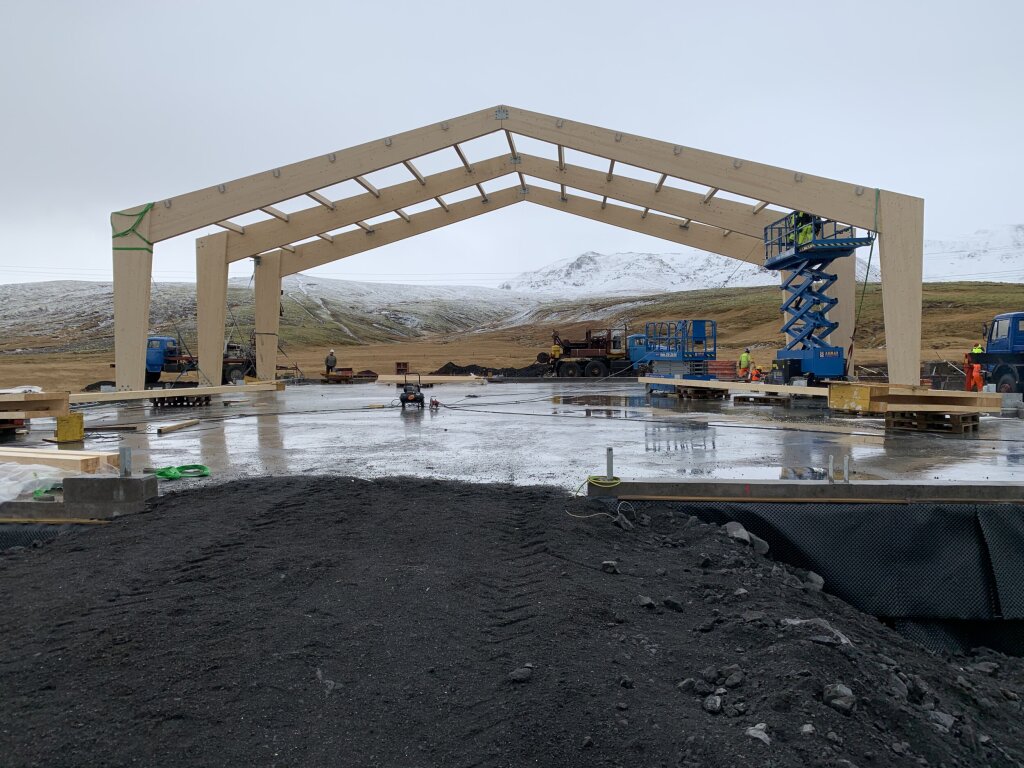
Key takeaways:
A combination of highly innovative technologies has the potential to enable a carbon-neutral future for the aviation industry
Climeworks is involved in a study that was initiated together with Rotterdam The Hague Airport, researching the production of renewable jet fuel from air
This study will pave the way for the implementation of a plant capable of creating 1000 liters of renewable jet fuel per day
The project will be realized on Rotterdam’s Innovation Campus, and the consortium is coordinated by EDL Anlagenbau Gesellschaft GmbH
Enabling a carbon-neutral future for the aviation industry
The aviation industry is an emitter of CO₂, and air travel continues to increase. Unlike cars, airplanes cannot switch to electric or hydrogen propulsion in the short term.
Climeworks is excited to play a major part in a study initiated together with Rotterdam The Hague Airport, researching the production of renewable jet fuel from air. This study will pave the way for the implementation of a plant capable of creating 1000 liters of renewable jet fuel per day. This would be the first time that production of renewable jet fuel from air exceeds laboratory scale.
The goal of the study is to define the concept and basic engineering of on-site production of renewable fuels. Further, it will enable a cost estimate for both the actual construction of the plant and the fuel itself, which will be decisive for further project development. The consortium is coordinated by EDL Anlagenbau Gesellschaft GmbH.
How it works
Climeworks secures the supply of the core element of renewable jet fuel production: CO₂ from air
The CO₂ is then transformed to syngas with electrolyser cells from Sunfire GmbH (Dresden, Germany)
By means of Fischer-Tropsch synthesis, Interatec GmbH (Karlsruhe, Germany) turns the syngas into synthetic hydrocarbons
EDL Anlagenbau GmbH (Leipzig, Germany) converts those hydrocarbons into jet fuel (as well as taking care of the overall process and plant integration)
The project will be realized on Rotterdam’s Innovation Campus. The entire process is set to run sustainably, with renewable energy provided by the airport’s onsite solar panels. The first potential customer has announced itself: Transavia has committed itself to the plan and indicated its intentions to reduce its CO₂ emissions with renewable jet fuel from the air.
Discover Climeworks’ direct air capture plants:
Lead the race toward net zero
High-quality carbon removal for your climate strategy.
